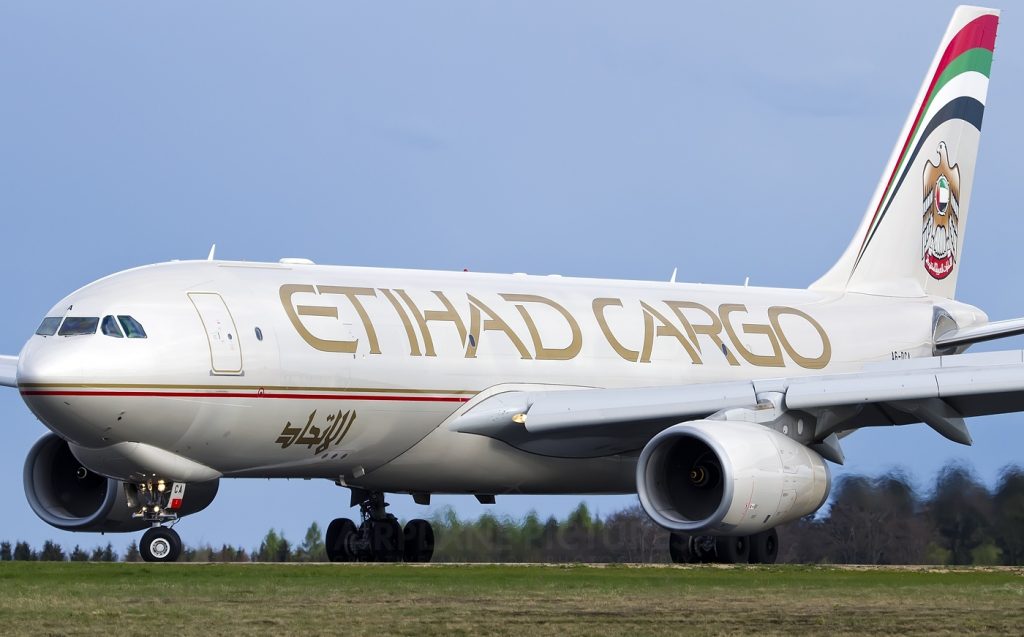Etihad Airways revealed on Wednesday that it has pulled its five Airbus freighters from service, and sources said the airline is asking pilots to take unpaid leave as it rethinks its strategy.
The state-owned Gulf carrier has been reviewing its business since 2016 after billions of dollars spent buying stakes in other airlines failed to deliver substantial returns. This contributed to a $1.87bn loss in 2016, its first loss since 2010.
Etihad told Reuters it has removed five A330 freighters from its fleet schedule for commercial reasons and that it had opted to operate a cargo plane fleet of all-Boeing 777 Freighters. It declined to comment on whether it had offered pilots unpaid leave.
“This freighter is the right aircraft for our long-term requirements,” Peter Baumgartner, the chief executive of Etihad’s airline operations, said in an email to Reuters.
Etihad operates five Boeing 777 Freighters. The Abu Dhabi-based airline is considering selling or leasing the Airbus freighters, a source familiar with the matter said. Etihad’s cargo operation slowed in 2016 to report flat growth of 596,000 tonnes handled.
Etihad is encouraging pilots to take unpaid leave for periods as short as one week or as long as 18 months as it reviews its fleet requirements with the intention of retiring some aircraft, according to three sources familiar with the matter. Pilots are being asked to take leave on a voluntary basis, one of the sources said. Etihad employed 2,225 pilots for a fleet of 122 jets as of February 2017, according to the most recent data on its website.
Etihad has made few comments on its strategy review in which hundreds of positions have been removed and several commercial passenger routes cut since it was launched. It announced last year it was stopping flights to at least five cities, including San Francisco and Dallas Fort.
Etihad once owned as many as eight minority stakes in other airlines. It has sold two, and another two of the airlines filed for administration last year.
New group chief executive Tony Douglas, who joined this month, is likely to have to decide what to do with those investments.




